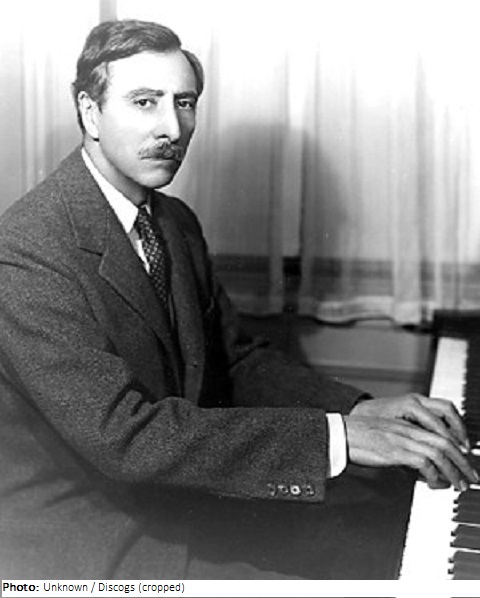
| Roles | Referee |
|---|---|
| Sex | Male |
| Full name | Ernest Henry•Schelling |
| Used name | Ernest•Schelling |
| Born | 26 July 1876 in Belvidere, New Jersey (USA) |
| Died | 8 December 1939 (aged 63 years 4 months 13 days) in New York, New York (USA) |
| NOC |  United States United States |
The American conductor, composer and pianist Ernest Schelling received his first piano lessons from his father. He first appeared in public as a child prodigy when he played the piano at the Academy of Music in Philadelphia at the age of 4½. He was then sent to Paris in 1882, where he studied at the Conservatory until 1885; later he studied with various well-known artists and eventually (1898-1902) with the famous Polish pianist and composer Ignacy Jan Paderewski (1860-1941) in Morges (SUI). This was followed by extensive tours as a pianist throughout Europe, from Russia to Spain, as well as in South America.
When Schelling returned to the USA in 1905, he devoted himself primarily to conducting and composing. He was the first conductor of the Young People’s Concerts of the N.Y. Philharmonic (1924-39), was conductor of the Baltimore Symphony Orchestra (1936-38), and also appeared frequently in Europe as a conductor. In 1913 he was elected a member of the National Institute of Arts and Letters. He died at his home in Manhattan of a cerebral embolism, having married his second wife, over 40 years his junior, just a few months earlier.
Schelling wrote numerous works for piano, orchestra, and chamber groups that were frequently performed during his lifetime but have since disappeared from the repertoire. His most popular work was A Victory Ball, a symphonic poem for orchestra.
| Games | Sport (Discipline) / Event | NOC / Team | Phase | Unit | Role | As | |
|---|---|---|---|---|---|---|---|
| 1932 Summer Olympics | Art Competitions |  USA USA |
Ernest Schelling | ||||
| Music, Open (Olympic) | Final Standings | Judge |